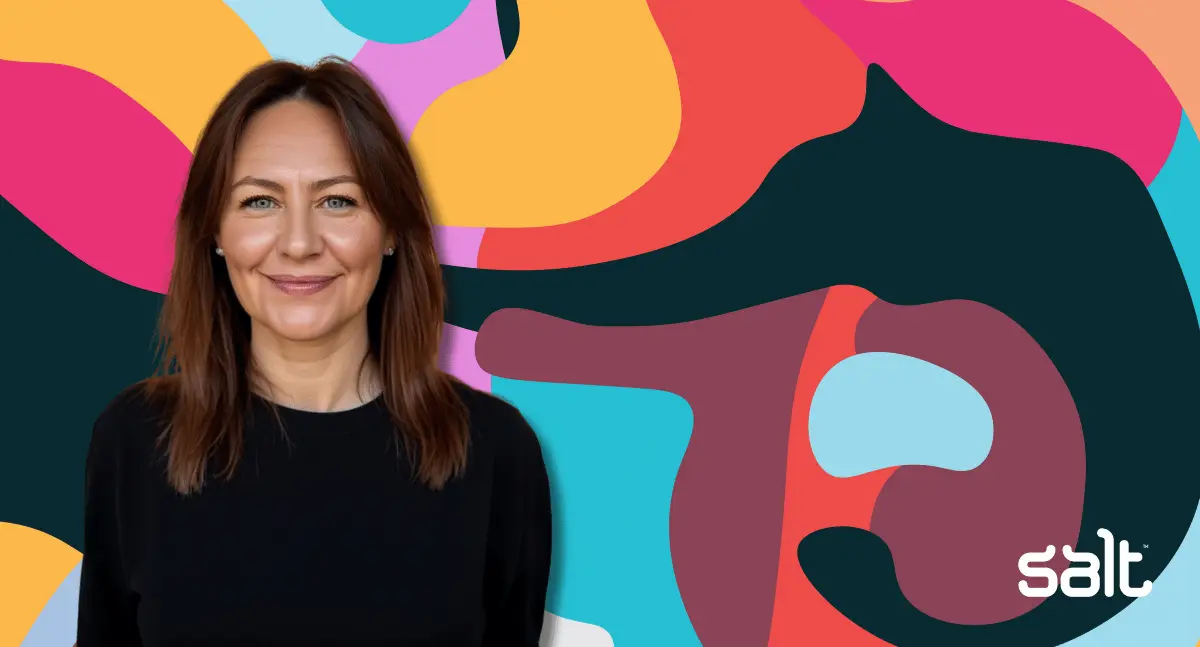Upload your CV
Upload your CV to our database.
Please let us know where you are, or where you would like to be in the world so we can point you in the right direction.
Creative brilliance can be hard to identify and even harder to harness: at Salt we can spot the creative spark that will fire up your business. Traditionally, the best creative talent has always gravitated towards agency businesses, but today some excellent creative minds can also be found within large brands. Salt allows you to reach both, with extensive knowledge of the creative digital market and unparalleled networks across the industry’s top brands and agencies.
Select a category
Nothing found
Sorry, but nothing matched your search terms.
Please try again with some different keywords.
Good news: more than 20 per cent of creative specialists, who were recently interviewed, say that their teams want to employ more people, which increases the job opportunities in the creative field.
The most popular industries for creative specialists are marketing, public relations, sales and administration. The majority of jobs needed in these industries are permanent positions and only a small amount is on contract base. The job level which is most requested by these sectors is “experienced” but not manager level.
The creative working landscape is constantly influenced by innovations and new ways of thinking. One result of this influence is that self-employment is on the forefront in the creative market. More precisely, there are not many other industries in which the self-employment rate is as high as in the creative industry. Those who prefer working on different projects and want exposure to different skillsets, could suit self-employed/freelance careers.
After 2020 and the Covid pandemic, companies are going digital and they need to make sure the websites and apps have great customer journeys, beautiful designs to stand out etc. The creative and design markets are extremely competitive but will play a key role in recovery for many businesses.
Since the creative industries become more and more digitalised, it goes without saying that employers expect creative experts to be natives in everything that is digital. This might range from online distribution, website development and the streaming of live events to the creation of online banners. One other requirement from the employer side is that creatives need to become all-rounders, meaning that they should not only be specialists in the field that they work in but also have a basic understanding of other creative sectors, including UX, UI, copywriting and creative technology.
There is one particular keyword which is a must-have on every creative professional’s CV: mobile. Having mobile design experience is a huge benefit for every creative as responsive design for iOS, Android and co. is considered as a key prerequisite by all mobile users but it is sometimes not that easy to implement as mobile platforms are constantly updated and change. Two other crucial skills are website design and development. Nowadays websites are more often visited than actual store, which is why the experience of the online shopping experience must be perfect. Unless you are a mobile or website developer or designer, you are not expected to master these skills but to have a basic understanding of them.
1. During an interview for a creative role, interviewers tend to have a close look at the applicants’ portfolio and ask relevant questions about their work. Besides portfolio questions, they might also ask you the following in order to get to know you better:
2. What was your favourite project and why?
3. What technology tools do you use regularly?
4. Could you please describe your design style.
5. What is your opinion about our creative materials?
A bachelor’s degree in a creative-related field, such as graphic design, television production, advertising and publishing, might be seen as advantageous by some employers. However, what really matters in the creative industry is the professionals’ portfolio. An excellent portfolio is usually worth more than every degree which is why creatives start working on their portfolio as soon as possible and rarely do a postgraduate degree.

Global digital recruitment leader Salt has announced a strategic partnership with The McCormick Group, one of Washington, D.C.’s most established Executive Search firms, to enhance access to top-tier talent across the U.S. market.

The conversation has moved on. It’s no longer about whether AI belongs in hiring, it’s about how we use it, and who’s responsible for the outcomes it drives.

Barbara Emerson, APAC Regional Business Operations Director at New Balance, discusses leadership and encouraging women to take pathways in operations roles.

Andy Fairey, Head of E-commerce at BullyBillows, shares his journey from launching digital platforms in football to leading e-commerce transformation across healthcare, retail, and now pet tech.
Upload your CV to our database.
Please let us know where you are, or where you would like to be in the world so we can point you in the right direction.